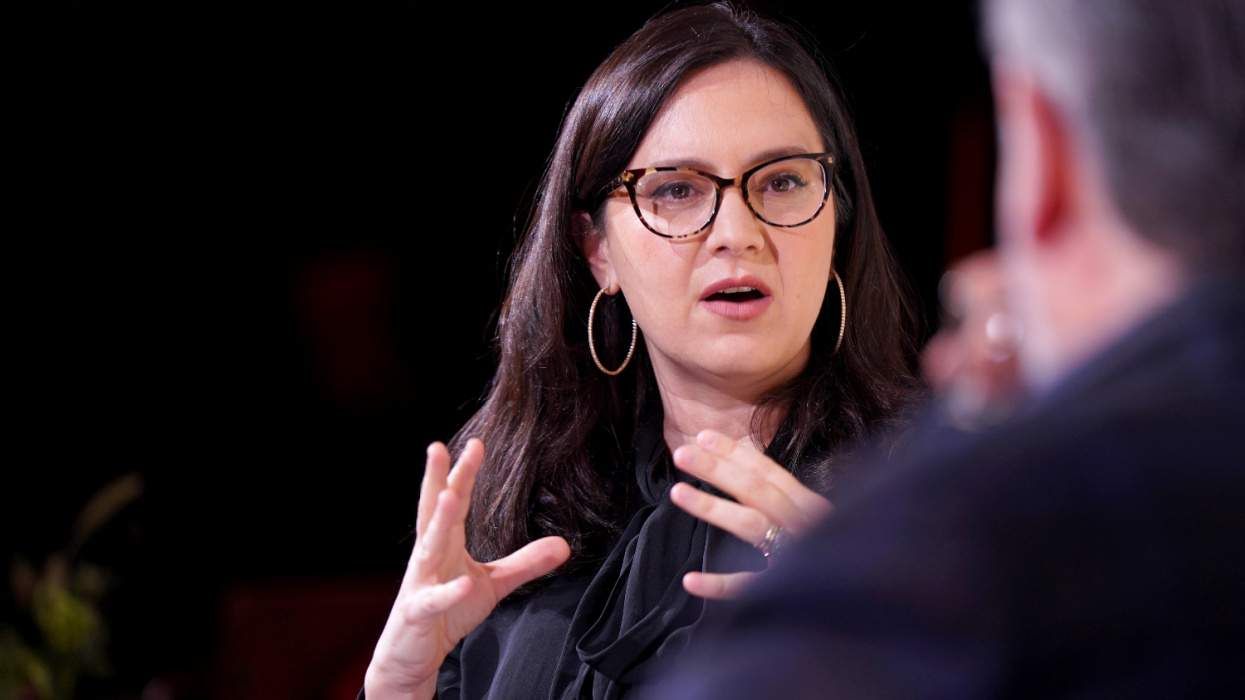Picture it: London, 1666, a city of narrow streets, timber-framed buildings, and a flickering candlelight. That year, the inevitable happened. A bakery mishap ignited the Great Fire of London, a blaze that raged for four days and left much of the city in ruins. Fast forward to 2025, and we find Los Angeles, with its hillside homes and drought-prone landscape, again battling another series of catastrophic wildfires. Though separated by centuries, these infernos share a familiar, troubling story: human frailty, social scapegoating, and lessons we still haven't learned.
When the flames consume everything, why do we always look for someone to burn with them?
History Repeating Itself
The Great Fire of London broke out on September 2, 1666, in Thomas Farriner's bakery on Pudding Lane. At the time, much of the city remained planned in a medieval style, still within the old Roman city walls. It wasn't long before the flames devoured thousands of homes, churches, businesses, and much of London's infrastructure in a city built of timber and crowded together like gossip at a dinner party. Though the official death toll was minimal, many historians suspect more unnamed souls perished.
Though Los Angeles has traded quaint cobblestones for sprawling suburbia, fire remains a recurring villain. According to TIME, drought, dryness, and Santa Ana winds have stoked several fires, raging across thousands of acres and displacing countless residents. The fire problem isn't a dramatic event like London's bakery spark but a slow, creeping disaster shaped mainly by climate change.
Despite different centuries and contexts, a similar outcome remains: devastation and a desperate search for someone to blame.
Scapegoats in the Ashes
Londoners in 1666, panicked and shell-shocked, cast suspicion on their neighbors. Catholics and immigrants became targets of fury, and it didn't take long for mob justice to take hold. Foreigners were attacked, some even lynched, due to the circling conspiracies of their involvement in sparking the great calamity. Robert Hubert, a French watchmaker, confessed to starting the blaze despite not even being in London at the time.
Logic be damned; his execution was to appease public anger.
Fast-forward to 2025, and social media's digital mobs are searching for their scapegoats, spreading allegations faster than the flames. Conservative pundits and personalities have pointed their digital fingers at DEI efforts among Los Angeles' leadership, accusing L.A.'s Mayor Karen Bass and Fire Chief Kristin Crowley of putting diversity efforts ahead of fire safety. As the first women to serve in their respective roles, and Crowley being the first openly LGBTQ+ individual as head of the Los Angeles Fire Department, laying the blame at their feet is no different than the accusations made in 17th century London toward ethnic and religious minorities.
It's easier to blame others than confront actual issues that affect all.
Rising from the Ruins
Every fire destroys but leaves stories of renewal and sometimes reinvention in its wake. After the Great Fire, Sir Christopher Wren led the charge in reinventing London into what we (mostly) see today. If history is a teacher, then the Great Fire of London offers a curriculum for rebuilding smarter. In the aftermath, building codes improved, streets widened, and a dedicated fire brigade emerged. It was a literal phoenix moment: a safer, stronger city emerged from the ashes.
In 2025, we have our phoenix to conjure. In this time of uncertainty, hope glimmers in how communities band together. Community-focused organizations coordinate to provide resources, and neighbors help neighbors find reprieve from unimaginable destruction. And, true to form, we find some ways of creative or artistic reprieve: 17th-century Londoners did so by creating poems and paintings, and 21st-century netizens do so through memes. In the long term, many will assess the need for urgent action against climate change, regardless of political affiliation. Policies that support fire-prone areas and vulnerable communities are just the beginning. And at the same time, that is not enough. We must rethink how we react to catastrophes as a country, community, and individuals.
RELATED: Evacuating from the Los Angeles fires? Here are some resources to help
Because, as history has shown us countless times, fear makes humanity scapegoat the marginalized.
A Firebreak Built on Compassion
Imagine if fires didn't just burn buildings but also prejudice. What if we focused on rebuilding empathy instead of looking for a villain? What if, instead of disasters further dividing us, it united us in a common purpose? What if we devoted as much energy to creating equitable societies as some do in finding people to blame?
A firebreak built on solidarity might be the only thing that can keep us safe.
Marie-Adélina de la Ferrière is the Community Editor of equalpride, the publisher of Advocate.com.
Voices is dedicated to featuring a wide range of inspiring personal stories and impactful opinions from the LGBTQ+ and Allied community. Visit advocate.com/submit to learn more about submission guidelines. We welcome your thoughts and feedback on any of our stories. Email us at voices@equalpride.com. Views expressed in Voices stories are those of the guest writers, columnists and editors, and do not directly represent the views of The Advocate or our parent company, equalpride.
















